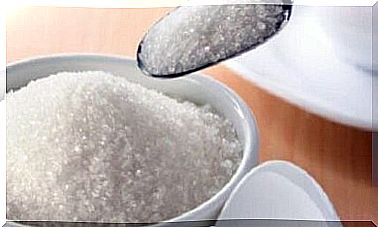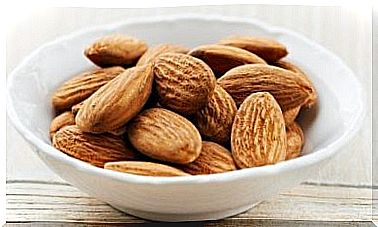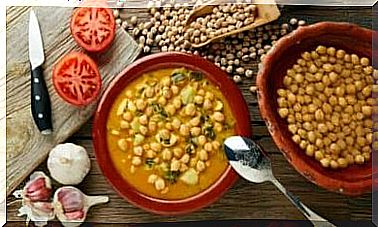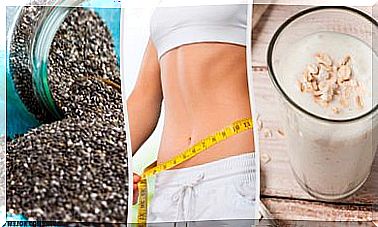How Is Your Fiber Consumption?

Fiber consumption is essential when we talk about intestinal health. They have a close relationship with the diversity of the microbiota and with the prevention of complex diseases in the medium and long term.
Adequate fiber intake can reduce the incidence of type 2 diabetes, as detailed in a study published in Nature Reviews Endocrinology . Likewise, the scientific literature associates its consumption with a greater feeling of satiety.
Therefore, fiber intake can reduce the habit of constantly snacking between meals and, in turn, ward off the risk of obesity. Now, do you consume all the fiber you need? Find out below.
Fiber-rich foods
Whole grains and fruits and vegetables are foods rich in this nutrient. Its consumption is highly recommended when we talk about intestinal pathologies.
However, currently, the ingestion of products made from refined flour is something common. During grain processing, much of its fiber is lost, along with its beneficial properties.
In addition, the consumption of green juices or fruit smoothies is also replacing the consumption of whole fresh fruit. This can reduce the fiber intake of these foods, which ends up affecting their nutritional value.
For this reason, it is recommended to regularly consume raw fruits and vegetables between meals, or with meals preparing delicious salads.

Fiber consumption and constipation
Fiber is a very useful substance when it comes to improving intestinal transit. Allows to increase the size of the fecal cake and stimulate its motility. Therefore, consumption of whole grains is recommended for all those who suffer from this problem.
Fiber triggers fermentations in the intestine. This generates changes in the microbiota that result in an improvement in health status. Currently, the organisms of the intestinal flora are related to a multitude of organic processes.
In fact, these organisms are even linked to mental health and the risk of depression. In addition, they are associated with nutrient absorption and digestive tract pathologies such as diarrhea, constipation and flatulence.
It is essential to reduce the consumption of processed products
Ultra-processed foods, in addition to containing a high amount of simple sugars and trans fats, lack fiber. A diet rich in sugar and fat can contribute to the occurrence of unfavorable changes in the microbiota. Therefore, the risk of complex diseases in the medium and long term may increase.
Although the consumption of carbohydrates may be necessary and positive for the proper functioning of the body, it is necessary to resort to fresh and natural foods. Potatoes, brown rice, sweet potatoes, among others, can offer a good amount of quality carbohydrates (low glycemic index), in addition to vitamins and fiber.
However, other foods, such as pasta and bread, are made from refined flour, whose fiber and vitamin content tends to zero. Furthermore, these foods cause an uncontrolled glucose curve, in addition to pancreatic stress due to their rapid absorption.
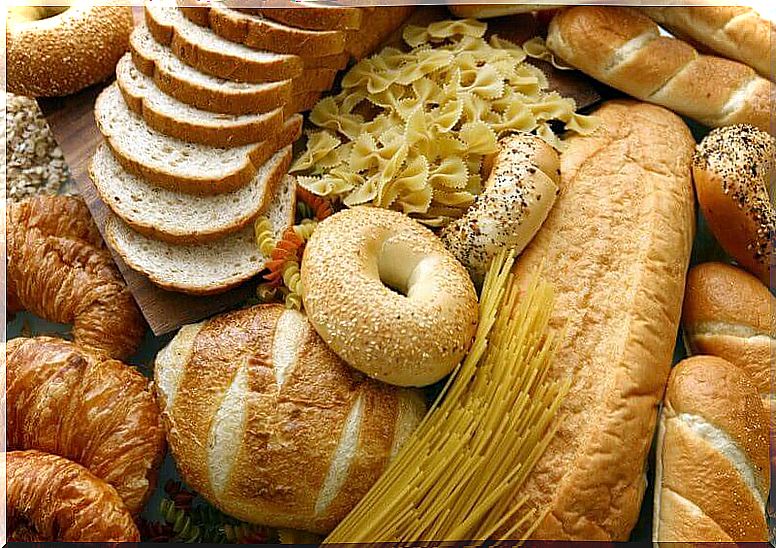
Recommended daily amount of fiber
The World Health Organization (WHO) recommends consuming between 25 and 30 grams of fiber per day. These needs may increase in people who suffer from some intestinal pathology or problems with intestinal transit.
On occasion, supplementation with prebiotics that help to stimulate intestinal fermentation may also be considered to trigger positive changes in the microbiota. Obviously, regular consumption of yogurt and high fiber foods is very positive.
Is your fiber intake enough?
It is possible that, due to the large amount of processed products to which we are exposed, our fiber intake is lower than recommended. Therefore, the general recommendation is to increase your intake of whole grains, fruits and vegetables to improve bowel functions.
However, we emphasize the need to maintain a varied and balanced diet that contains all groups of nutrients. Regular exercise and water intake are other fundamental pillars when it comes to our health.


